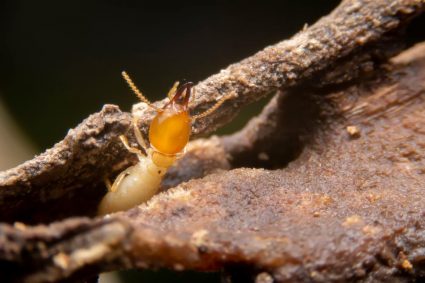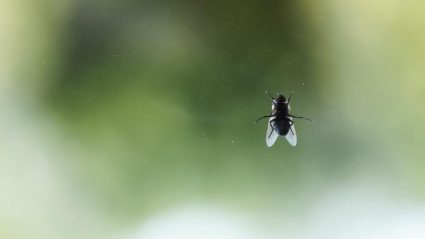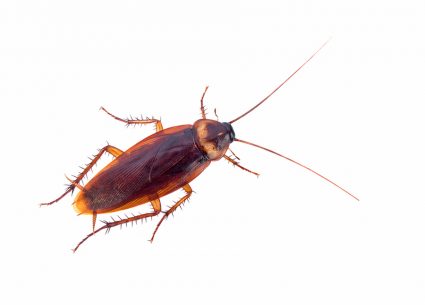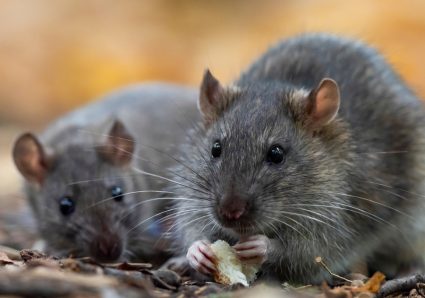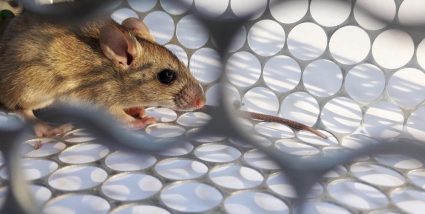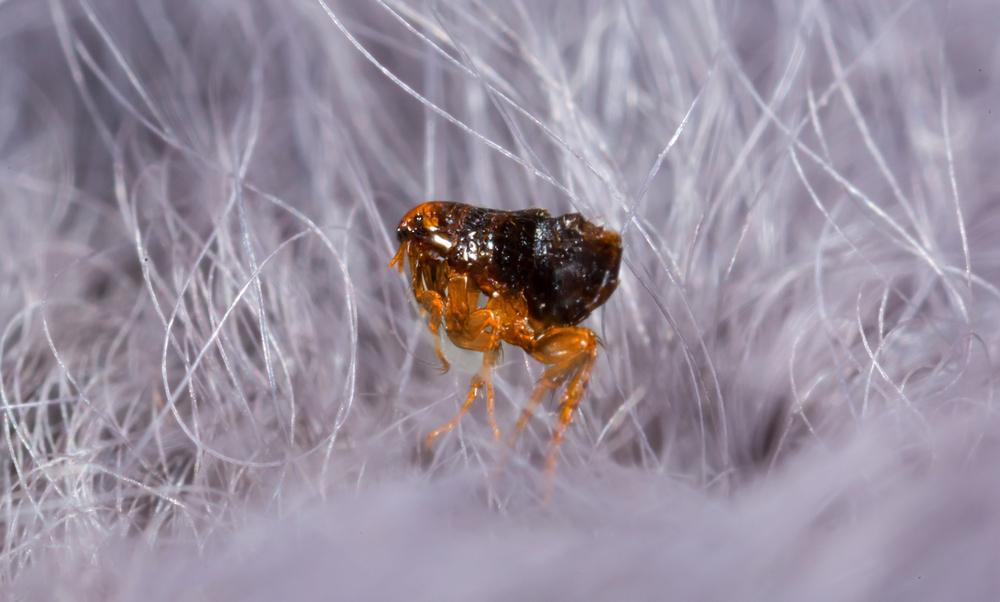
Fleas are a common nuisance for both pets and humans, and finding an effective solution to keep these pests at bay is crucial. Many pet owners are turning to natural remedies, like lavender, to repel fleas. But why do fleas hate lavender? Let’s delve deeper into this subject and uncover the reasons behind it.
Fleas dislike lavender due to its strong scent and the presence of a chemical called linalool in lavender oil. This scent and chemical are known to repel fleas, making lavender a natural deterrent. However, it’s important to note that while lavender can repel fleas, it does not kill them.
The Scent of Lavender and Fleas
Fleas, like many insects, possess a strong sense of smell, which they use for survival. The scent of lavender, which humans often find calming and refreshing, is highly disliked by pests like fleas. Lavender essential oil is known for its potent pest-repelling properties and works effectively against fleas, ticks, and mosquitoes.
Using Lavender as a Flea Deterrent
There are various ways you can use lavender to repel fleas:
- Lavender Essential Oil: Mix a few drops of lavender oil with water in a spray bottle and use it in areas where you want to repel fleas, such as a pet’s bed or your living room carpet.
- Lavender Plants: Planting lavender in your garden can act as a buffer to repel fleas, preventing them from finding their way into your home.
- Dried Lavender: Use dried lavender in homemade flea repellents. A simple recipe includes a large lemon, a handful of fresh lavender sprigs (or 1 tablespoon of dried lavender), 2 cups of water, and 2 tablespoons of alcohol-free witch hazel.
- Lavender Infused Products: Lavender-infused pet-safe products, such as shampoos and sprays, are available on the market and can help repel fleas.
Remember, while lavender can repel fleas, it does not kill them. Therefore, it’s best used as a preventative measure rather than a treatment for an existing infestation.
The Science Behind Lavender’s Flea-Repelling Properties
The science behind why fleas hate lavender is still not entirely understood. Lavender oil contains a chemical called linalool, which is thought to repel fleas. However, it’s important to note that lavender oil repels rather than kills fleas, meaning its application is purely preventative.
While there are anecdotal claims supporting lavender’s effectiveness in repelling fleas, scientific evidence is limited. Some studies have shown that certain essential oils can repel fleas, but lavender is not typically among the most effective.
Safety Measures When Using Lavender
While lavender can be a beneficial natural flea deterrent, it’s crucial to use it safely:
- Consult a Veterinarian: Always consult a vet before using lavender oil or any essential oils on or around pets.
- Proper Dilution: Essential oils are highly concentrated and can be harmful if used in their pure form. Therefore, it’s crucial to dilute the lavender oil before applying it to your pet’s fur or skin.
- Monitor Your Pet: After applying lavender oil or a lavender-infused product, monitor your pet for any signs of discomfort or adverse reactions.
Remember, while lavender can be an effective part of a comprehensive flea control plan, it is not a standalone solution. A comprehensive flea control plan should also include methods to address fleas in the environment, such as regular cleaning and vacuuming, and possibly the use of other flea control products.
Other Natural Flea Repellents
Besides lavender, there are several other plants and essential oils that fleas dislike, such as cedarwood, peppermint, eucalyptus, citronella, tea tree, geranium, rosemary, coconut, clove, lemon, lemongrass, marigold, catnip, and chrysanthemum.
However, the effectiveness of these essential oils may vary depending on the specific type of flea and the concentration used. It is essential to use these oils safely and in proper dilution to avoid any adverse effects on pets.
Conclusion
In conclusion, lavender can be a useful tool in a comprehensive flea control plan. It should be used with caution and under the guidance of a veterinarian, and it should be part of a broader strategy that includes addressing fleas in the environment. Remember, while lavender oil can repel fleas, it does not kill them. Always consult with a veterinarian before using essential oils as a flea repellent for your pets.
Frequently Asked Questions
Can I apply lavender oil directly onto my pet’s fur?
No, lavender oil and other essential oils should not be applied directly onto your pet’s fur or skin. These oils are highly concentrated and can be harmful if not properly diluted. Always dilute the oil in a carrier oil or water before application and consult with a veterinarian beforehand.
Can I use lavender to treat an existing flea infestation?
While lavender can repel fleas, it does not kill them. Therefore, it’s not an effective treatment for an existing infestation. If your pet is already infested with fleas, you should consult with a veterinarian for appropriate treatment options.
Is lavender safe for all pets?
While lavender is generally safe for most pets when used in moderation and properly diluted, some animals may have a sensitivity or allergic reaction to it. Always monitor your pet after applying any lavender-infused product and consult with a veterinarian before use.
Are there any side effects to using lavender as a flea repellent?
When used in moderation and properly diluted, lavender is generally safe and side effects are rare. However, some pets may experience skin irritation or allergic reactions. If your pet shows signs of discomfort or adverse reactions, stop using the product immediately and consult with a veterinarian.
Can I use other essential oils to repel fleas?
Yes, other essential oils like cedarwood, peppermint, eucalyptus, citronella, tea tree, geranium, rosemary, coconut, clove, lemon, lemongrass, marigold, catnip, and chrysanthemum are also known to repel fleas. However, their effectiveness may vary and they should be used with caution and in proper dilution to avoid any adverse effects on pets. Always consult with a veterinarian before use.


